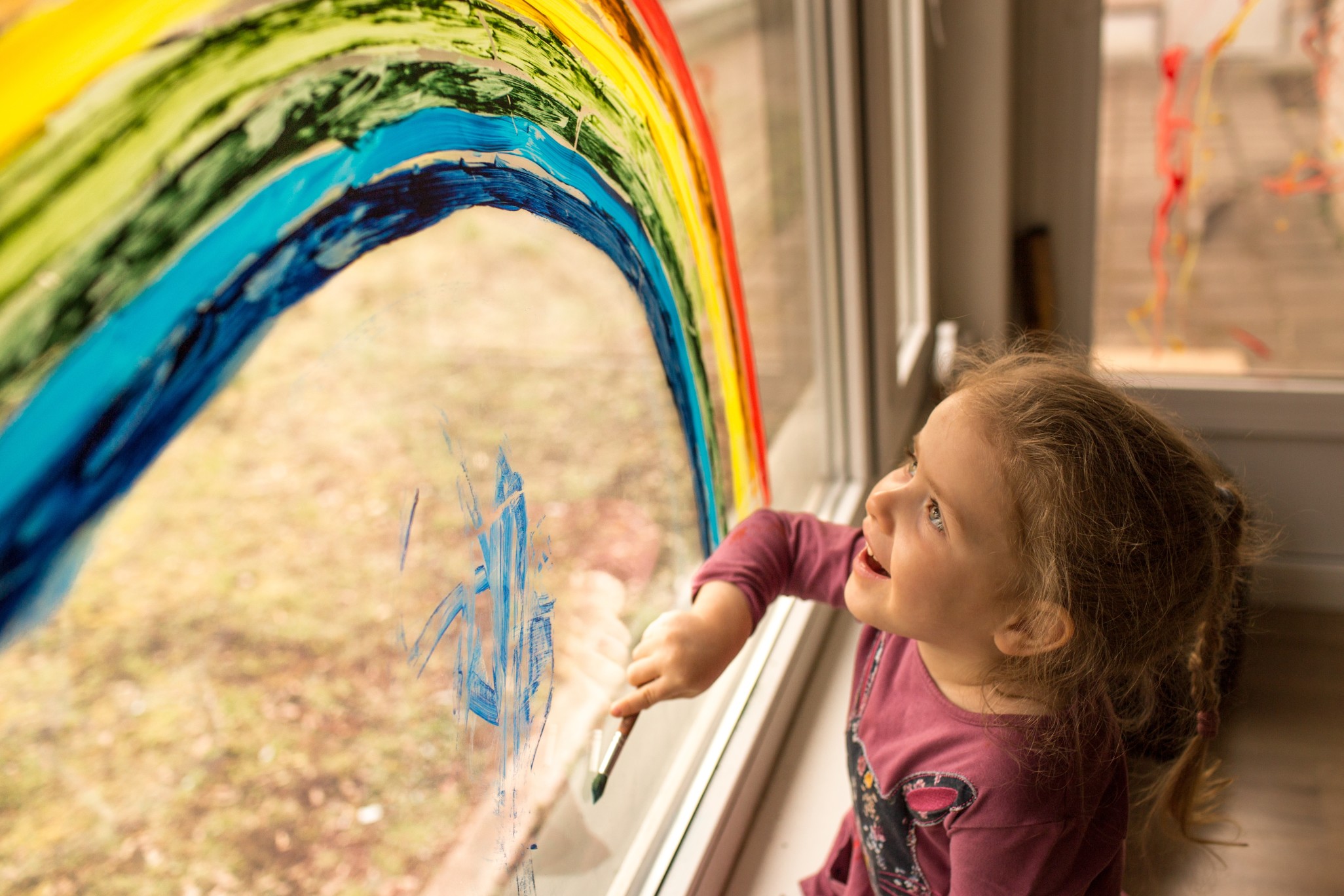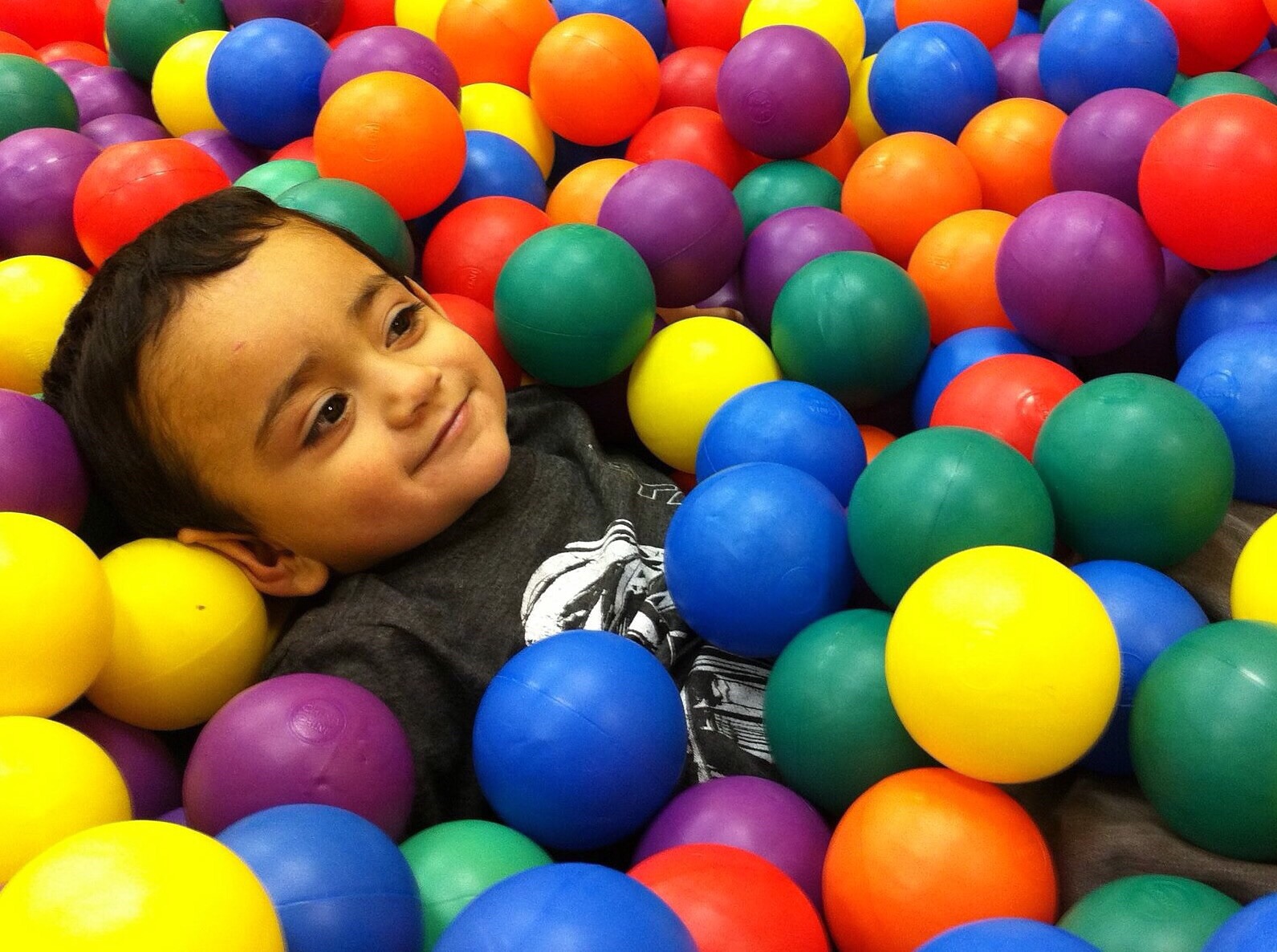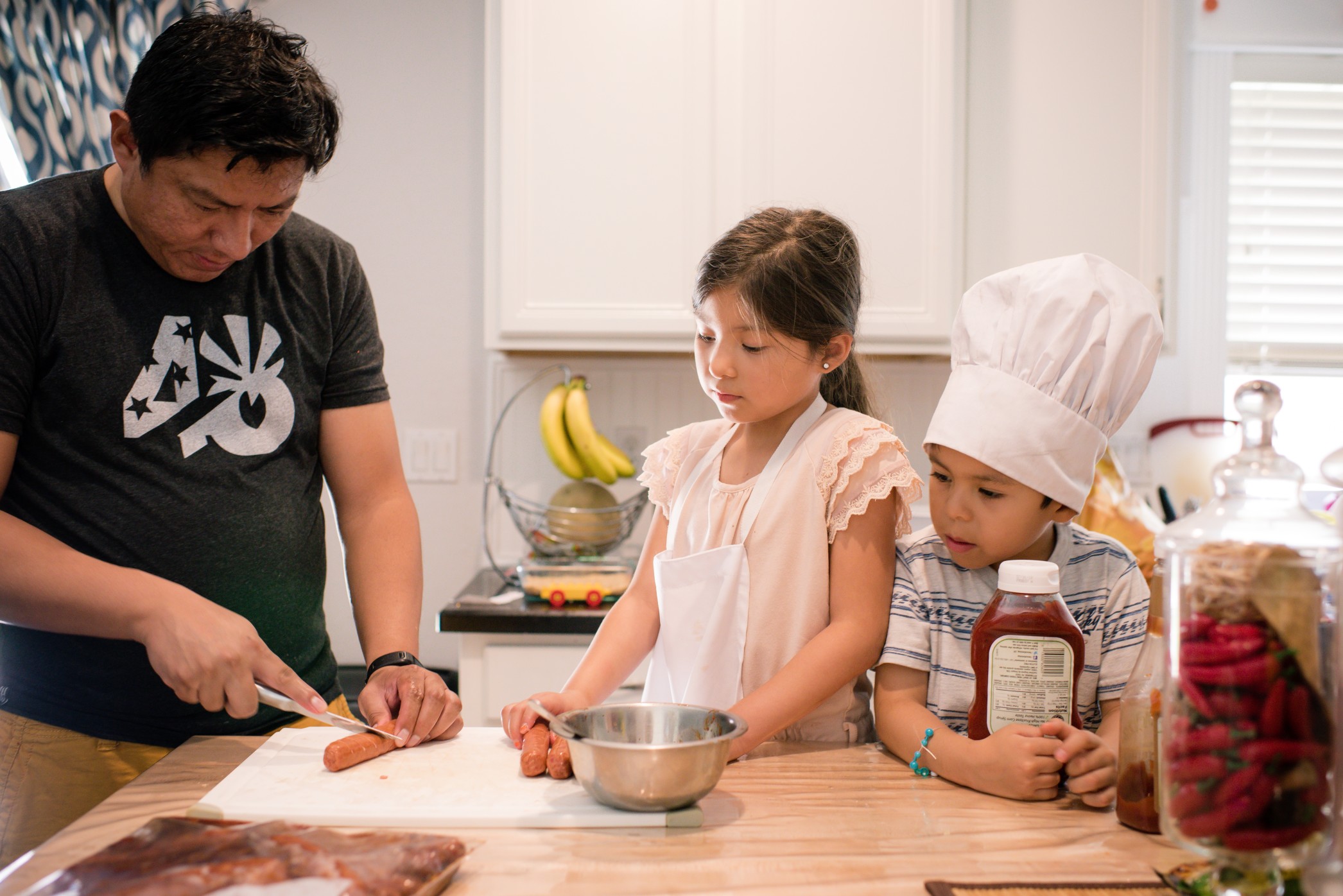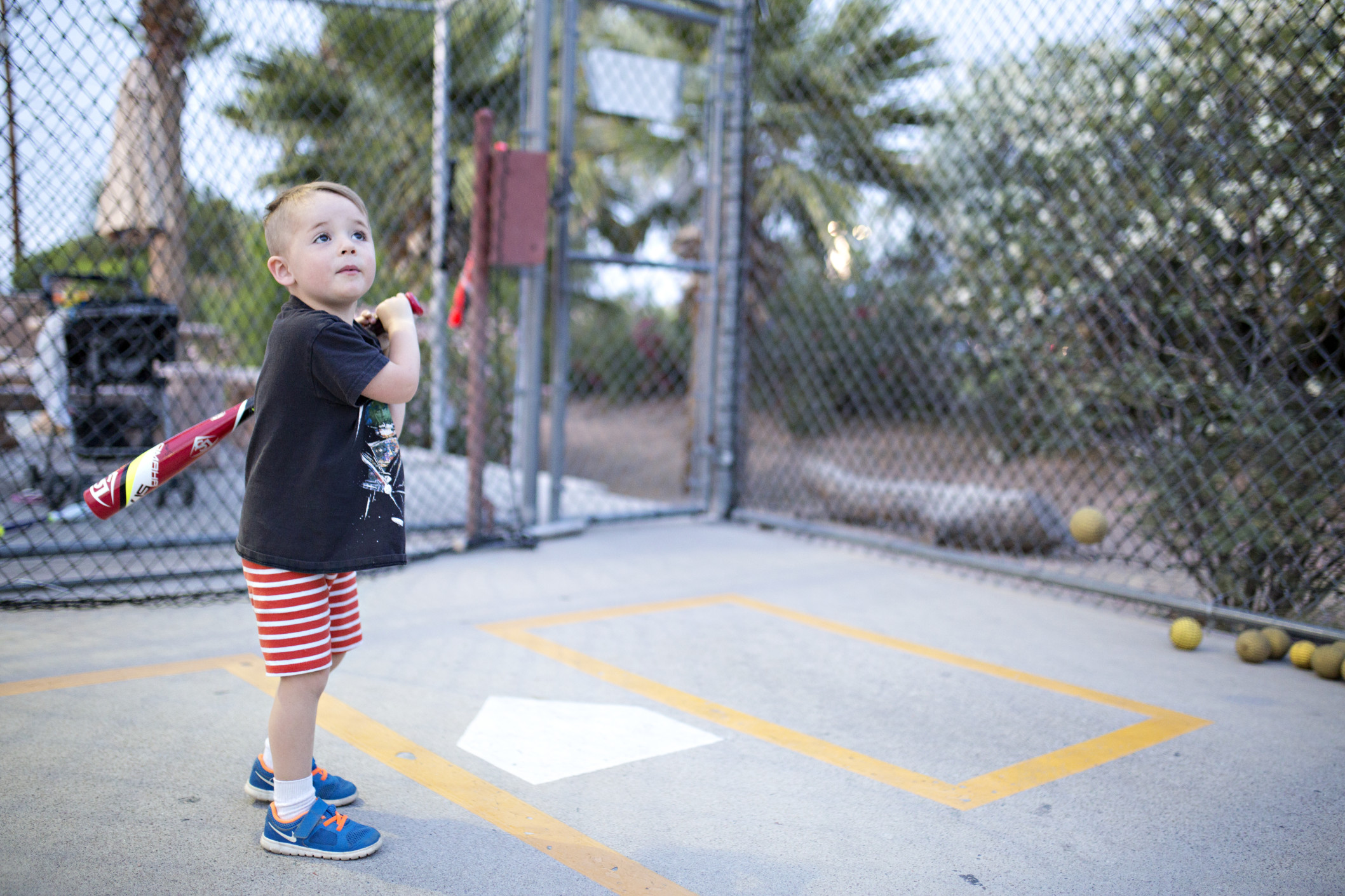
Middle school was one of the hardest periods of my life. Sure, I feel like those three or four years built character. But getting up in the morning every day was a challenge.
Like many other middle schoolers, I was awkward. I had big glasses that left imprints on my nose, and I literally had no clue how to take care of my hair. And a lot of my friends at the time used those things to my disadvantage. Kind girls were hard to find at that age. Being bullied is tough, but having it happen in middle school? It was life-changing. And it really zapped my confidence, putting me back socially a bit until college hit.
In all honesty, I'll never forget those bullies. Even though they say that time heals all wounds, I still have a negative overall view of how they treated me. But at the same time, that experience taught me to be kind. And that's a lesson I hope to pass on to my own daughter. I'd never want to treat anyone the way I was treated.
It's important to be kind, open, and generous to our communities. Picking on people because they look different or act differently will do no good in the world.
Bullying is still a big issue in the world today, and a lot of it stems from a lack of intelligence or deep-rooted insecurity held by the bully. Simply put, they want to put negative attention on someone else so they look less like a target themselves. But why should there be a target to begin with? It's up to us to raise our children better — and prove to them how far kindness and confidence can really go. Here are eight ways to do that.
Teach your child to address people with respect.

It seems as if a lot of formal titles are being banished. For example, I personally cringe when someone else refers to me as "Mrs." That's because, in my mind, I'm still a young adult and not someone who's just around that middle-age marker. But that doesn't mean that I'm going to avoid proper titles for my child. She'll address people as "Mr." or "Mrs." unless they openly tell her not to. It's just the polite thing to do.
The Washington Post believes that addressing people respectfully is a great step toward raising a kind child, saying, "Make sure that your older children always address others respectfully, even when they’re tired, distracted, or angry."
Enforce the importance of being a 'good community member.'

Children are often happy for academic accomplishments while at school. But what about social accomplishments? If your child tells you that they sat next to a lonely kid at lunch, you should praise them. If they tell you that they drew a picture to cheer up their teacher, you should tell your child what a great idea that was.
Praise helps build confidence, and promoting kindness and kind acts is just something we should all practice. Personally, I'd prefer if my child was a good person who got Bs and Cs than a mean or angry kid who earned straight As.
Don't point out your child's flaws.

Children will lose confidence in themselves if they feel like something is wrong with them. For example, if you feel as if your child is gaining weight, pointing it out will be very damaging to their self-esteem. Instead, there are kinder ways to talk about it.
The Academy of Nutrition and Dietetics suggests that negative comments aren't the way to go. Instead, you can work to make little changes that the whole family can abide by. "It's important to work with your pediatrician and a registered dietitian nutritionist," the academy says. Also, it's crucial for children to know that people come in all shapes and sizes. That'll help them become less critical of their peers.
Let your children practice gratitude.

There are some kids who get an iPad from the Tooth Fairy after losing their first tooth. There are others who get a quarter. Some kids don't get anything. It's important to talk about these things with your children. And it's also a great conversation starter if you want to give back.
Remind your children that there are some kids out there who don't have enough food to eat — and back it up with research and media. Ask them if there's any way they'd like to help out. If your children are older, they may want to make a difference by volunteering at a food bank. Younger children can also help you clear out your pantry for food you can donate as a family.
It's important to show your kids that having certain privileges doesn't mean you're "better" than the people who are struggling. You're just fortunate, and it's important to help others whenever you have the chance. Your community becomes much stronger when everyone works together.
Praise your child's individual quirks.

Do they have a contagious laugh? Or maybe they're the type of kid who needs to go through three outfit changes before finding the right one. If your kid has an interesting personality quirk that you haven't noticed in other kids their age that in no way poses a danger, then praise it.
When children embrace the things that make them unique, they may be quick to embrace those things in other people. It's a way for them to feel confident about their differences. Keep in mind, these traits might be things they've already pinpointed as being "different."
As a parent, it's your job to try to remind them why it makes them special. For example, if they're not happy with the way their nose looks, you can tell them you think it's great and reminds you of a beloved family member who had one that looked similar.
Let your child help out with cooking and cleaning.

You might have a pattern with how you do things, but you should consider changing it up. Most kids love helping out. By being included as part of the "team" when it comes to cooking and cleaning, they'll understand the hard work that goes into these tasks.
"In too many families, adults are doing all the giving, kids all the taking," writes Psychology Today. "That’s a recipe for producing selfish, entitled persons like the 15-year-old boy who said, 'Why should I mow the lawn? It’s not my lawn.'"
Plus, children will also learn that the best teams work together. If they aren't expected to help pitch in, they may end up being disrespectful down the road. You need to teach your child that sometimes, it's good to help out even if there's no tangible reward at the end. The best reward is learning how to pitch in and lend a hand.
Let them be leaders.

Whether it's leading a game or a round of make-believe, if you're in the audience watching them explore and grow, they'll build confidence in their own ideas. And it'll also help boost their self-esteem. Remember, your words do carry weight.
It's also important to show interest in the things they're interested in. Even if it's something completely out of left field, your child will feel validated knowing that something they like is also something they can share with you. These interests may also help the two of you bond.
Remind them that they aren't expected to be perfect at everything.

This was a lesson that I learned a little too late in life — and prior to, it caused me a lot of anxiety.
To boost confidence, you need to remind your children that as far as extracurriculars go, having them try is more important than having them score the highest. Obviously, we all want our children to be good at the subjects and sports they want to take on. However, some people are better with numbers than letters, and others prefer crafting to football. It's just who they are. That said, instead of telling them they're not good at something, take steps to encourage them to improve. That's especially important with academics.
"Children will learn that setbacks are a normal part of life and can be managed," states Working Mother. "If your child does poorly on a test, don't smother him with pity or tell him that he'll never be a good reader. Instead, talk about what steps he can take to do better next time."







